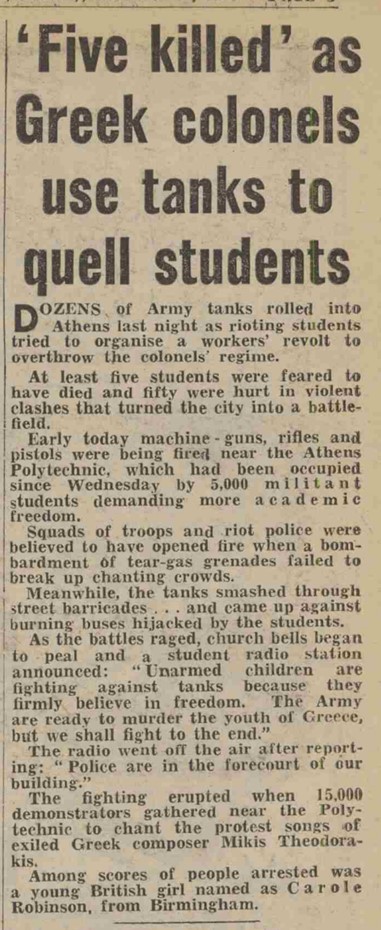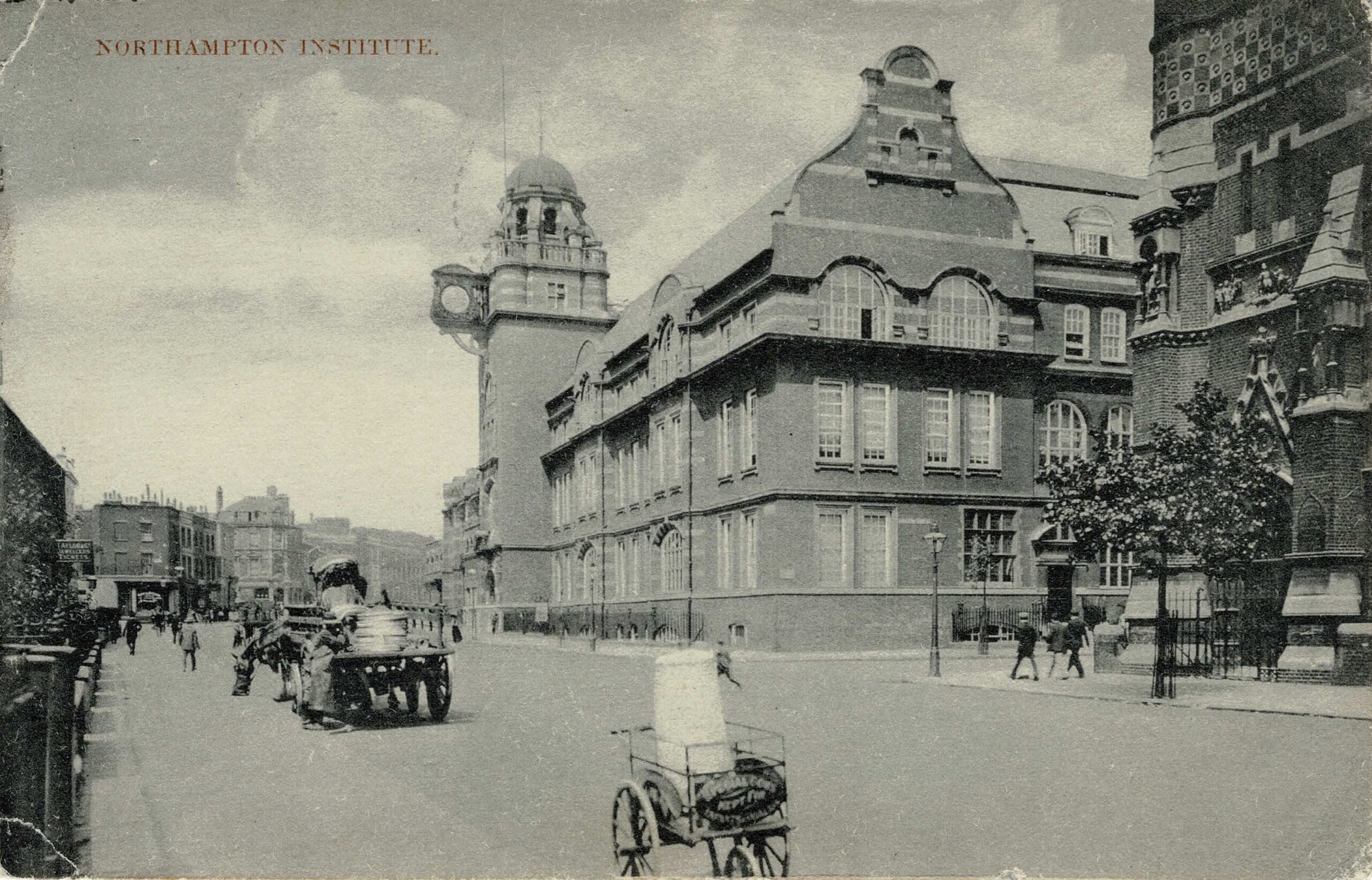The modern Olympic movement started with a conference in Paris in 1894 and the first modern games in Athens in 1896. And as the 2024 Olympic Games open today, 26 July, let’s go back to Athens.
We start in 1837, with the creation of the Royal School of Arts, which offered part-time training (Sundays and holidays only, which to be fair is a very student-centred model of delivery) in building and construction trades. This was popular. By 1840, demand led to the creation of a full-time school, alongside the part-time vocational school.
The School continued to grow, and in 1843 it was restructured into three departments: the part-time vocational school; a daily vocational school; and a Higher School of Fine Arts. This latter was engineering and architecture as well as fine arts and was the basis for the university institution which exists today.
In 1862 the school became a polytechnic, recognising the standards it was achieving and the greater number of technical programmes it offered. And, in 1873, it moved to new premises (as shown on the card), to cope with rising numbers. The institution was popularly known, then, as the Metsovian Polytechnic, to honour and recognise the philanthropy of four people from Metsovo – Nikolaos Stournaris, Eleni Tositsa, Michail Tositsas and Georgios Averof – who had funded the new buildings. (Averof, by the way, also funded the 1896 Olympics. It all ties together, you see!)
In 1887 the polytechnic was recognised by the state as a technical institution; in 1914 it became Εθνικών Μετσόβιο Πολυτεχνείο: the Ethnicon Metsovion Polytechnion, or National Metsovian Polytechnic, under the aegis of the Ministry of Public Works. The model was replicated within Greece as other technical institutions were formed on the Metsovian model. And in 1917 further legislation separated out the different disciplines within the polytechnic into distinct departments.
All of this is grand, and represents a proud institution which has contributed much to its country. But there’s more.

In 1967, a military coup had taken place in Greece, leading to the Regime of the Colonels. This ruled Greece as many military dictatorships did: brutally, with the suppression of liberties, and political imprisonment and murder. By 1973 popular unrest was high. February 1973 saw student protests at Athens University crushed by the police. But in November students of the Athens Polytechnic barricaded themselves in, demonstrating against the junta. A radio station was set up to spread the message; the people of Athens came out to demonstrate in support.
Military juntas tend not to tolerate this kind of thing. Let’s let the Daily Mirror of 17 November 1973 tell the story.
The rising was put down, but it was a significant stage in the path which led to the return to democracy in Greece in 1974. And it is celebrated to this day: on 17 November every year, schools and parliament close to honour the Polytechnic students who died for democracy.
At some point – I haven’t, I’m afraid, been able to confirm when – the polytechnic became the National Technical University of Athens. Its website gives plenty of detail about the academic to-ing and fro-ing of its history, including lists of academic departments, if you like that sort of thing.
We’ve almost finished todays account, but we can add one more Olympic connection. Here’s the Northampton Institute, which is now City, University of London. The Institute hosted two events at the 1908 London Olympics: the boxing took place in the Institute’s Great Hall, which is just behind the clock tower; and the swimming pool – just down the road which you can see on the right of St John Street – hosted the diving.

Higher Education Postcard is taking a break now for the summer. Thank you for reading! Whatever you’re doing, I hope you have the relaxation and enjoyment which you deserve. If you’re in Greece, tip your hat to the students of the Athens Polytechnic. If you get to go to the Olympic Games, remember the Northampton Institute. And I’ll see you all again in September.












